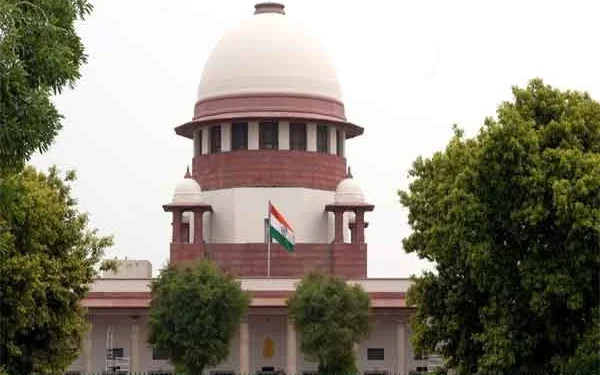Lagatar24 Desk
New Delhi: The Supreme Court has postponed the hearing of a plea challenging the transparency and fairness in the National Eligibility cum Entrance Test (NEET) for postgraduate admissions (NEET PG 2024). The petition, filed by MBBS doctor Ishika Jain and others, calls for the disclosure of answer keys and standard operating procedures (SOP) to ensure a transparent examination process.
Lack of Transparency in NEET PG 2024
The petitioners’ counsel argued that essential information, such as an information memorandum and a set SOP, had not been made available, causing confusion even among states involved in the counselling process. According to the Bar and Bench report, advocates Vibha Makhija and Parul Shukla emphasized that last-minute amendments to information bulletins by the examination authorities reflect arbitrariness.
Court’s Response and NBE’s Role
The Supreme Court bench, led by Chief Justice DY Chandrachud and Justices JB Pardiwala and Manoj Misra, requested the National Board of Examination (NBE) to respond to the allegations of procedural opacity. Justice JB Pardiwala assured the petitioners of a rescheduled hearing on a non-miscellaneous day.
Issues Raised by the Petitioners
The plea points to significant issues with the NEET PG 2024 process:
- No Access to Answer Keys: Candidates lack access to official answer keys or question papers, making it difficult to assess their own performance.
- Inconsistent Score Reports: Some students observed discrepancies in their total attempted questions and scores on issued scorecards.
- Absence of Grievance Mechanisms: The petitioners argue that NBE has not provided a portal for addressing grievances related to rankings or discrepancies.
Petition’s Claims on Constitutional Fairness
The petition argues that NBE’s conduct violates the transparency and fairness principles of Article 14 of the Indian Constitution. The filing alleges that splitting one common examination into multiple sessions, applying a general normalization process, and not providing answer keys create arbitrary and unequal conditions for candidates.







